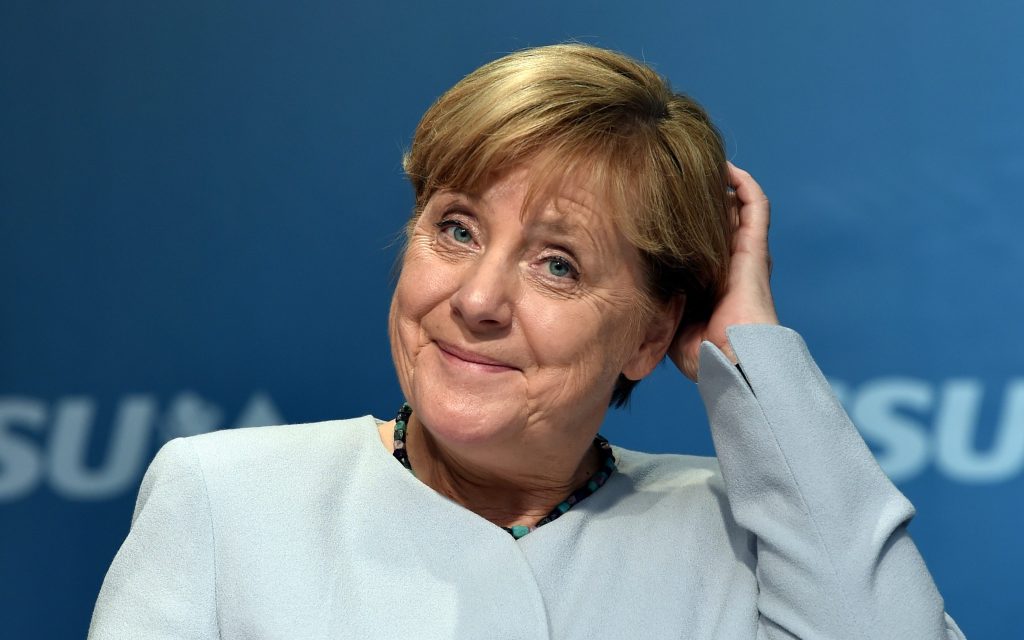
Angela Merkel’s Legacy. News. Angela Merkel, Germany’s long-serving Chancellor, left office in 2021, but her impact on the country is still a hot topic. As the first woman to hold the position, Merkel’s tenure is marked by stability and crisis management. However, opinions about her legacy are mixed among Germans.
Economic Stability
Merkel is often praised for her role in maintaining Germany’s economic stability. During her time in office, Germany weathered the global financial crisis of 2008-2009 relatively well. Her cautious fiscal policies and support for the European Union’s economic frameworks helped keep the country on a steady path. Many credit her for ensuring that Germany remained a strong economic power in Europe.
Read also: Germany to shut down one of its busiest railway routes for five months
Handling of Crises
Merkel’s leadership during various crises is a significant part of her legacy. Her decision to open Germany’s borders to over a million refugees during the 2015 migrant crisis was both applauded for its humanitarian stance and criticized for its long-term impacts on social cohesion. Additionally, her handling of the COVID-19 pandemic, characterized by scientific rigor and cautious measures, received praise for keeping infection rates lower compared to many other countries.
Environmental Policies
Environmentalists have mixed views on Merkel’s legacy. While she promoted renewable energy and was instrumental in the Energiewende, Germany’s ambitious energy transition plan, critics argue that progress was too slow and that reliance on coal continued for too long. The decision to phase out nuclear power after the Fukushima disaster in 2011 also remains controversial.
Social Issues
On social issues, Merkel’s tenure saw significant advancements, such as the legalization of same-sex marriage in 2017. However, some feel she could have done more to address inequality and integrate immigrants effectively.
Read also: Germany 2024 Holiday Allowance: Employees to Receive Transfers Soon
Public Opinion
Recent polls indicate that public opinion on Merkel’s legacy is divided. Many appreciate her steady hand and ability to navigate through numerous global and domestic challenges. Others feel that her incremental approach led to missed opportunities for more profound reforms, especially in areas like digitalization and infrastructure.
Conclusion
Angela Merkel’s legacy is complex. Her era was one of stability and cautious progress, with notable achievements in economic management and crisis response. As Germany moves forward, her impact will continue to be a subject of debate and reflection, shaping the nation’s future.
